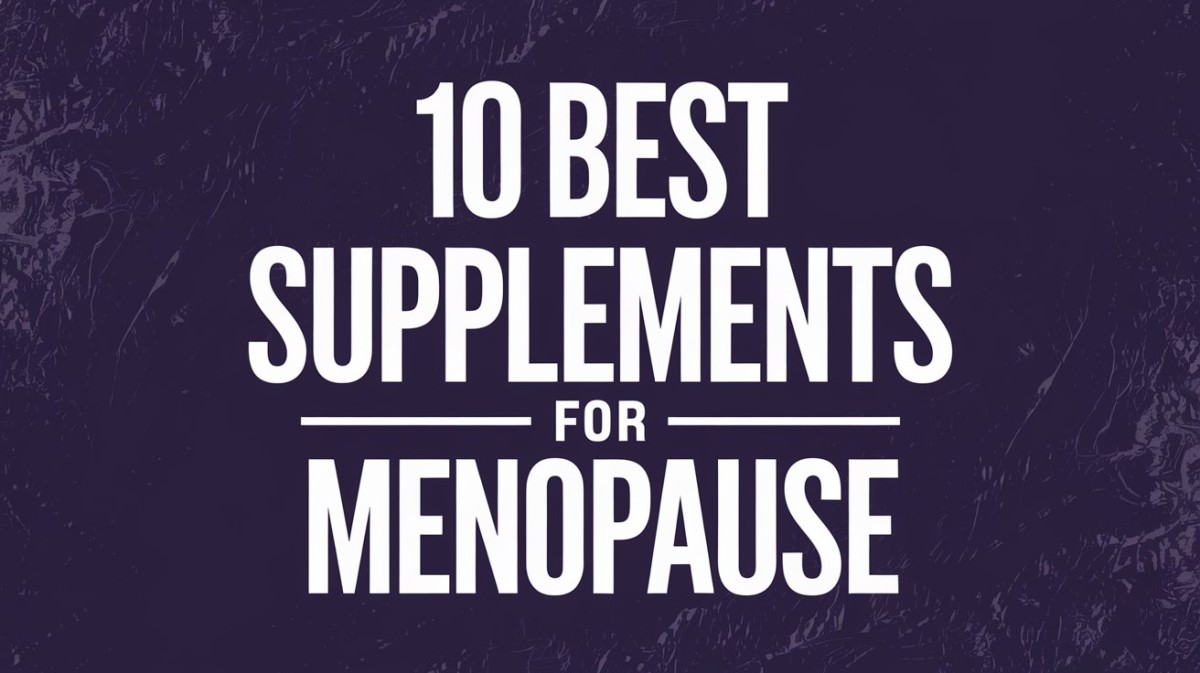Are you someone near your menopause?
Did you know that certain supplements are needed for menopause to manage those symptoms?
But why?
To understand the reason first you need to know what menopause is.
Understanding Menopause
Menopause is the complete pause or cessation of a woman's menstrual cycle between the ages of 45-55. During this phase, your body resides at a stage called perimenopause that can last between 7-14 years before menopause.
This is the stage where your estrogen and progesterone levels will be lowered and women's ovaries may start to fail. For this reason of decreased estrogen and progesterone levels, you will be experiencing certain symptoms such as mood swings, headaches, weight gain, frequent urination, hair thinning, dryness of the vagina, heavy sweating, trouble sleeping, and joint and muscle pains.
So, to manage these symptoms you might need a few supplements such as calcium, vitamin D, and probiotics but you need to understand that one can not fit for all. You'll need to consult a healthcare professional who can help you with the right supplements according to your medical condition. Here is the list of supplements for you to manage menopause safely and effectively.
Top Supplements For Menopause
1. Calcium
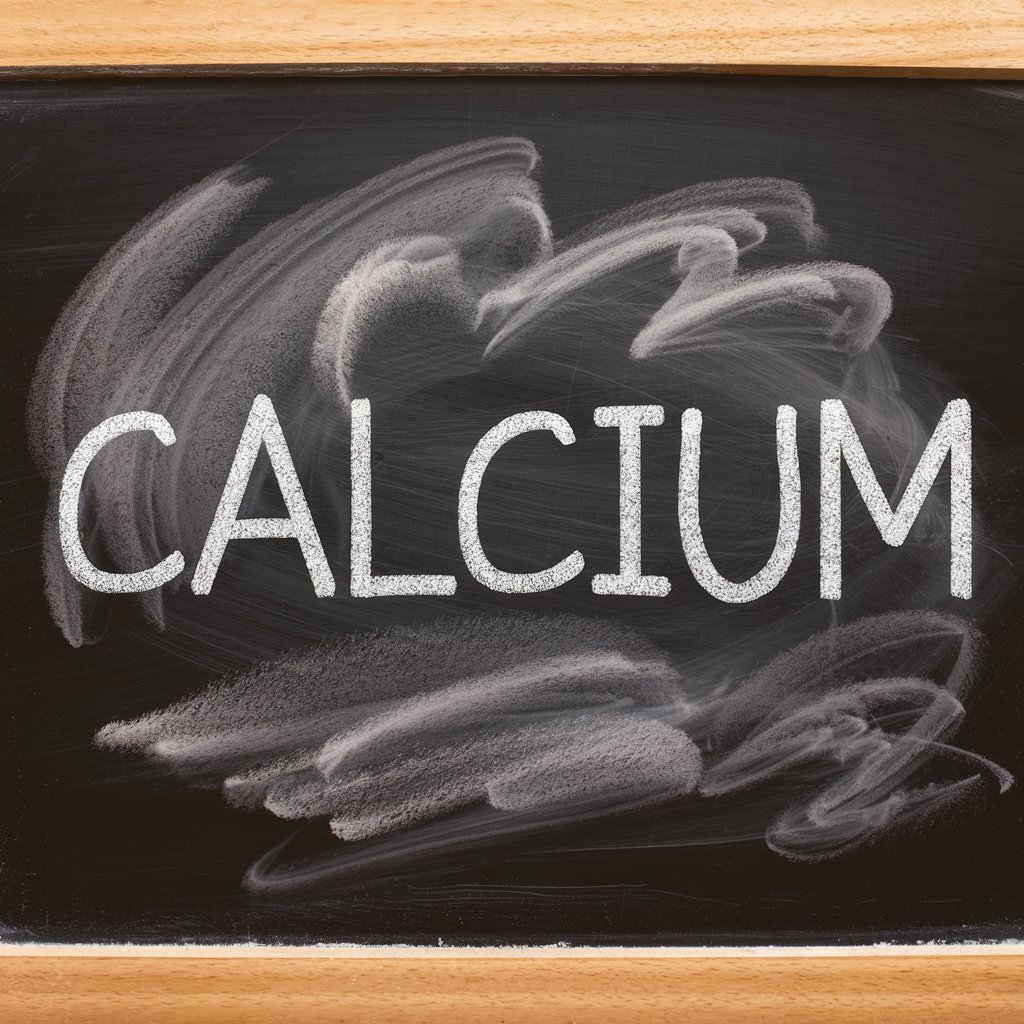 As mentioned above someone who goes through menopause can experience joint and muscle pain along with bone loss, to manage this your calcium intake must be optimal.
As mentioned above someone who goes through menopause can experience joint and muscle pain along with bone loss, to manage this your calcium intake must be optimal.
As per the National Institute of Health, women aged between 19-50 years should be taking 1000mg/ day, and for women above 51 years 1200mg/day. This intake of calcium can help you to manage the symptoms of bone loss during menopause.
You can take the calcium supplements along with your food but not more than 500mg at a time. The key sources of calcium include dairy products such as milk, cheese, curd, paneer, green leafy vegetables, broccoli, figs, and fortified foods.
2. Vitamin D
Along with calcium you also need vitamin D for perfect absorption, because when you do not include vitamin D with calcium your body can not absorb calcium. Bone and muscles, dementia, diabetes, heart health, mood swings, depression all these things can be managed by vitamin D. Also, it's highly essential for vaginal health too.
It is recommended for women <70 years to have 600IU/day during menopause and for women >70 years it is recommended to have 800IU/day. You can have vitamin D from fatty fish such as salmon, mackerel, tuna, sardines, egg yolk, cord liver oil, fortified dairy, and cereals.
3. Magnesium
It can help you to prevent bone loss and osteoporosis during menopause, sleep, mood regulation, and leg cramps, and reduce anxiety. Now coming to the recommended dietary intake you need to have 320mg/day of magnesium that's best absorbed in magnesium citrate and glycinate forms, but as mentioned above do not take magnesium supplements without the guidance of a doctor.
Talking about the dietary sources magnesium can be found in pumpkin seeds, chia seeds, edamame, almonds, cashews, peanut butter, brown rice, avocados, spinach, and salmon.
4. Black cohosh
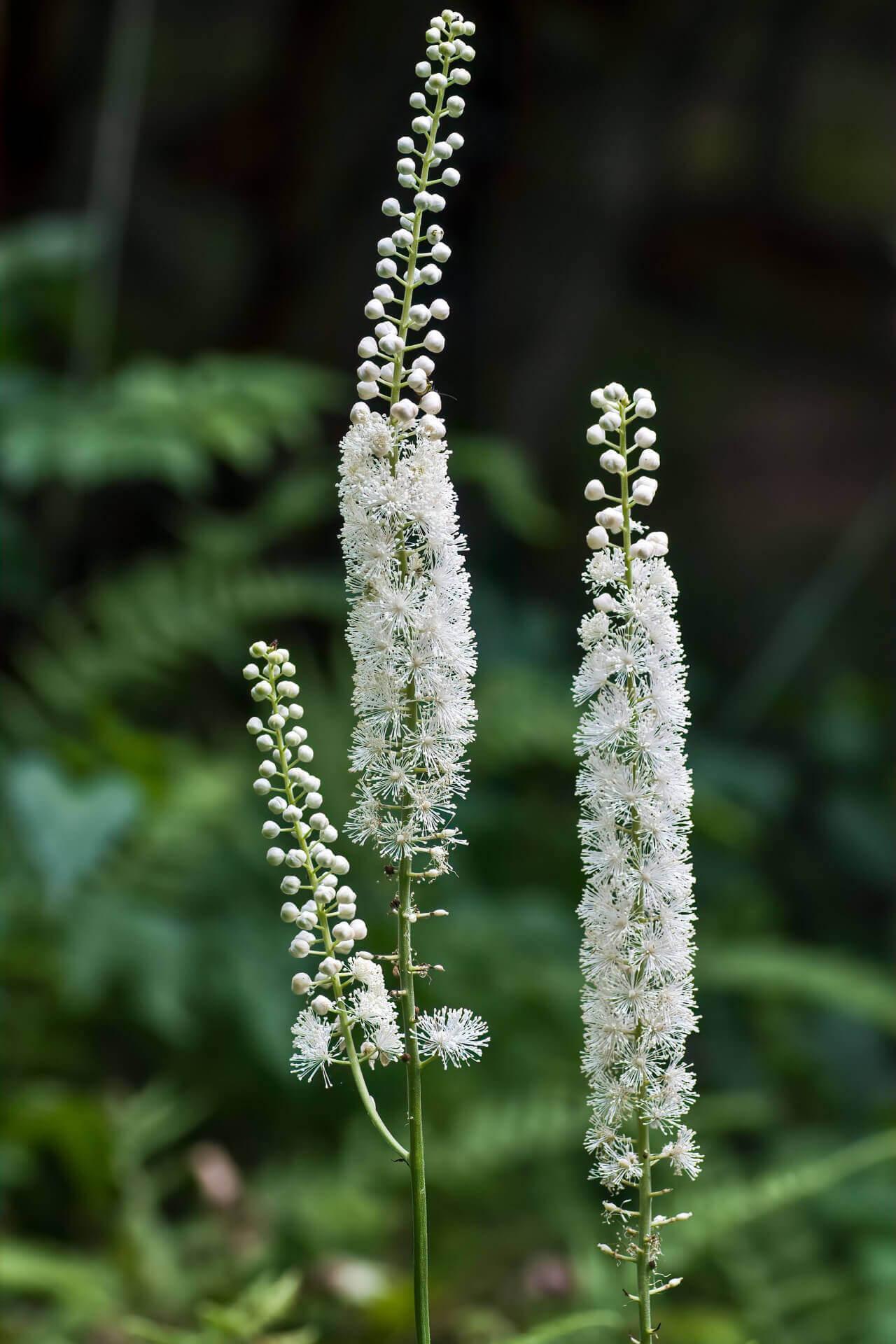 Black cohosh is an essential herb that can help with the symptoms of menopause. This black cohosh comes from a North American plant’s root and it is advised not to be used if you are someone having pre-existing liver problems.
Black cohosh is an essential herb that can help with the symptoms of menopause. This black cohosh comes from a North American plant’s root and it is advised not to be used if you are someone having pre-existing liver problems.
5. Omega-3 fatty acids
Omega-3 fatty acids are the healthy fats that keep your heart safe and healthy. By being heart-friendly they are anti-inflammatory in nature and help you out with several situations such as mood regulation, hypertension, rheumatoid arthritis, diabetes, and Alzheimer’s during menopause.
The sources of omega-3 fatty acids include fish, flax seeds, hemp seeds, pumpkin seeds, walnuts, and eggs.
6. Phytoestrogens
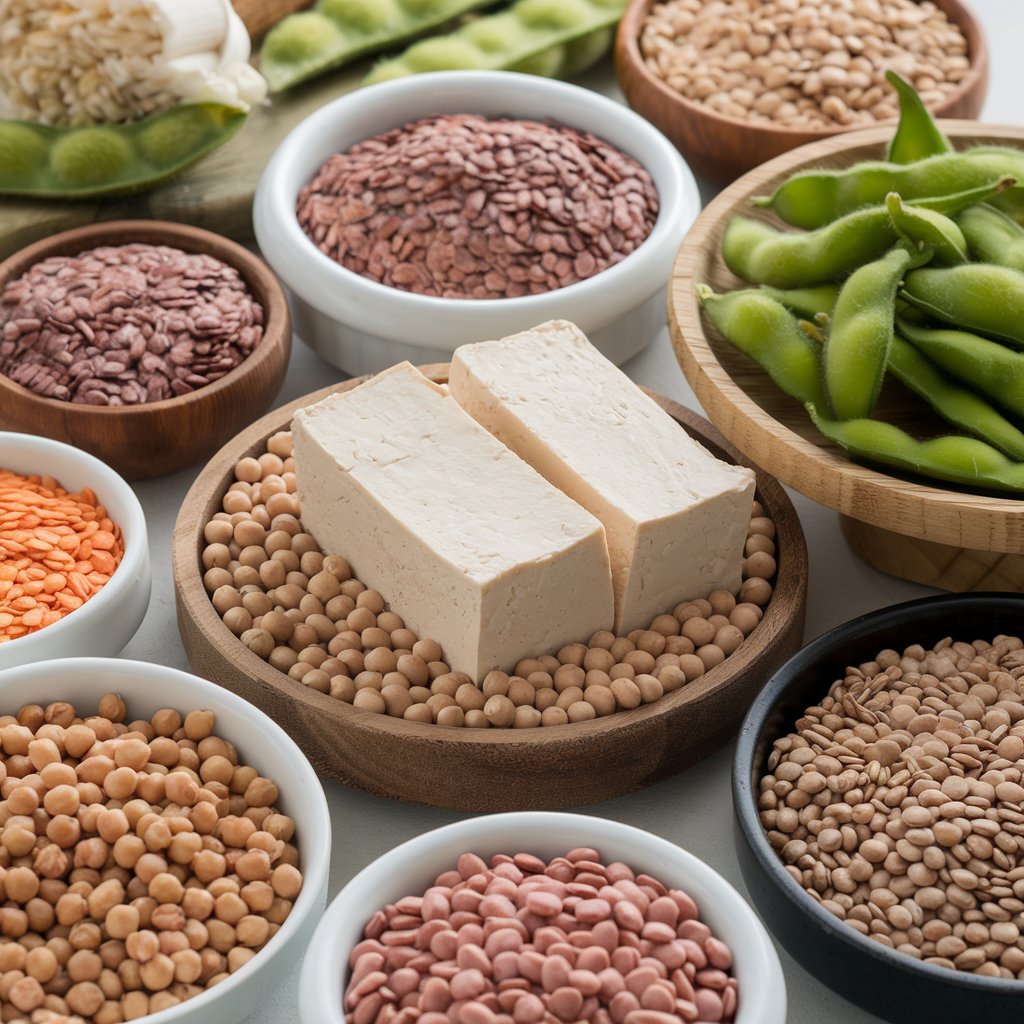 Phytoestrogens are something which are plant-based estrogen compounds that come majorly in two forms such as isoflavones found in soybeans and ligans found in flaxseed, whole grains, fresh fruits and vegetables, and legumes.
Phytoestrogens are something which are plant-based estrogen compounds that come majorly in two forms such as isoflavones found in soybeans and ligans found in flaxseed, whole grains, fresh fruits and vegetables, and legumes.
You should be having 40-70mg/day of isoflavones. These phytoestrogens help you with several conditions such as bone health, reducing the risk of cardiovascular issues, reducing heart flashes, anxiety, and muscle cramps.
Now what are the key sources of these phytoestrogens? They are nothing but soybeans, chickpeas, tofu, peanuts, grapes, berries, flaxseeds, plums, black and green teas.
7. High-protein foods
The main reason for menopause is decreased estrogen and progesterone levels that is also associated with decreased muscle mass and bone strength. For this, you need to have enough amount of protein in your diet which is for about 1-2g/kg of your body weight.
Delving into the sources they are eggs, meat, fish, legumes, dairy, and plant-based foods such as beans, chickpeas, lentils, broccoli, nut butters, peas, nuts, and seeds.
8. Vitamin B
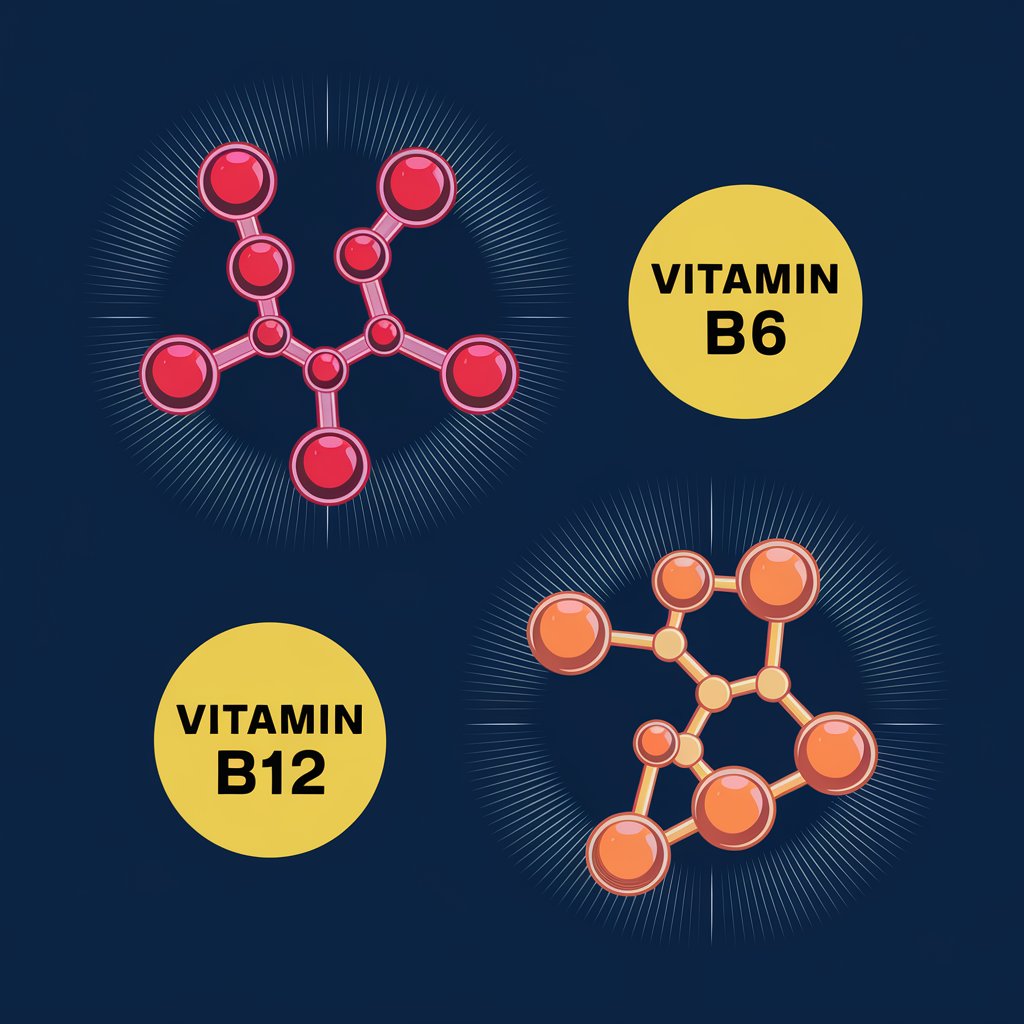 These groups of B vitamins mainly vitamins B12 and B6 are essential for women during menopause because B12 helps you with neurological health, bone health, and RBC production the key sources are fish, meat, poultry, mushrooms egg, and dairy products. As you age your risk of B12 deficiency increases so optimal intake is essential for you to stay healthy during menopause.
These groups of B vitamins mainly vitamins B12 and B6 are essential for women during menopause because B12 helps you with neurological health, bone health, and RBC production the key sources are fish, meat, poultry, mushrooms egg, and dairy products. As you age your risk of B12 deficiency increases so optimal intake is essential for you to stay healthy during menopause.
B6 helps you to regulate the happy hormone called serotonin, which gets dropped while getting older and leads to various conditions such as mood swings, anxiety, and depression. These can be managed by having B6 sources such as beef, tuna, salmon, nutritional yeast, nuts, bananas, corn, pistachios, poultry, avocado, quinoa, sunflower seeds, and sesame seeds.
9. Vitamin E
Vitamin D is essential for you to reduce stress and inflammation due to its antioxidant properties. You can have them in the form of almonds, hazelnuts, avocados, shellfish, spinach, sunflower seeds, broccoli, and squash.
10. Probiotics
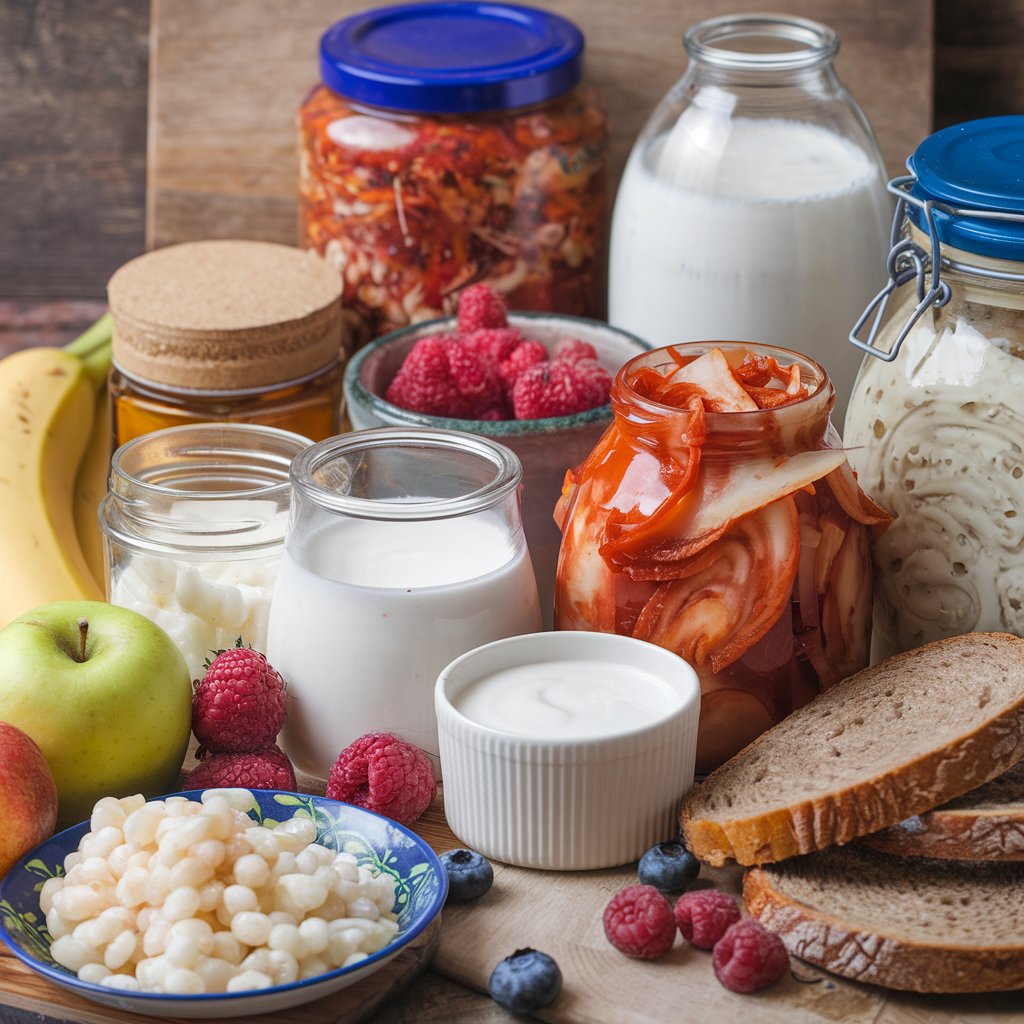 These are something which is highly recommended for both menopause and your overall health. They help you by improving your mood, sleep quality, night sweats, vaginal infections, and weight management.
These are something which is highly recommended for both menopause and your overall health. They help you by improving your mood, sleep quality, night sweats, vaginal infections, and weight management.
What are the good sources of probiotics? They include yogurt, kefir, kimchi, and kombucha.
The bottom line
So this is everything you need to know about the supplements that are necessary during menopause. Make informed choices as per your health concern to avoid any complications for a healthy self!
